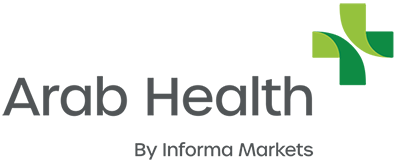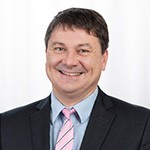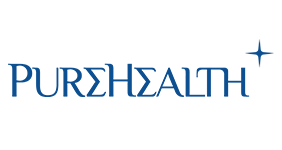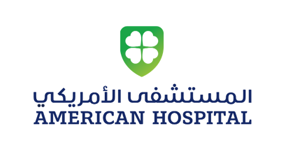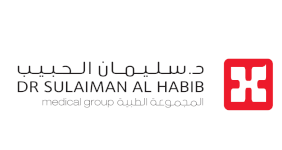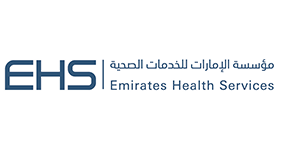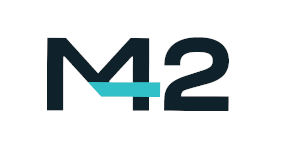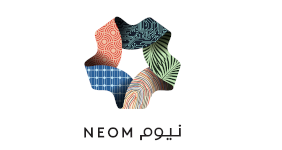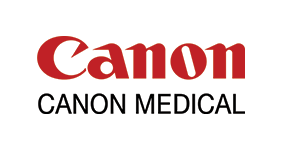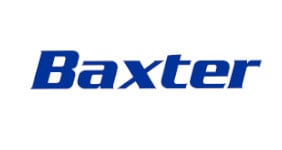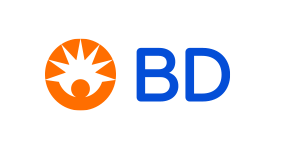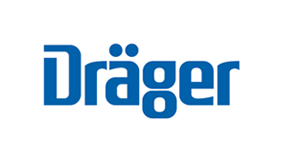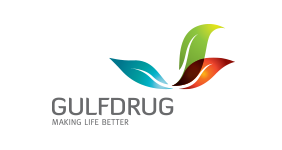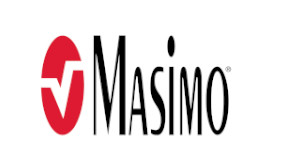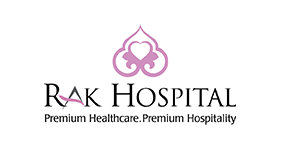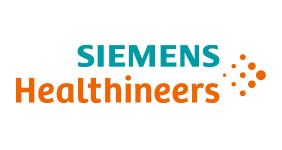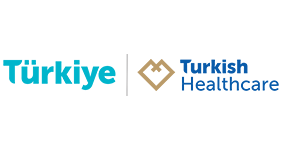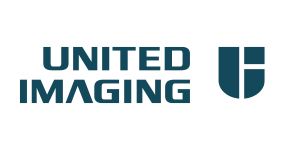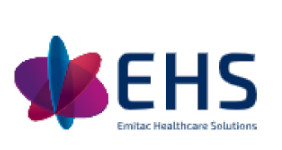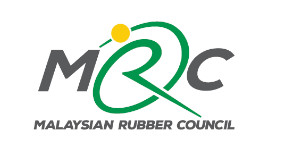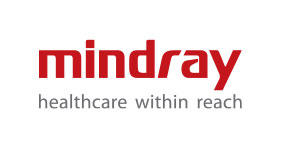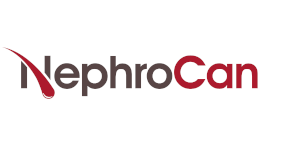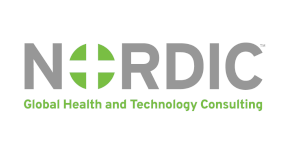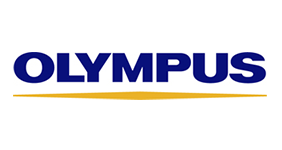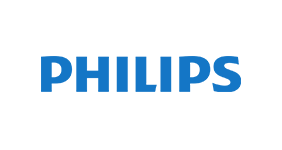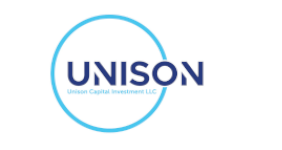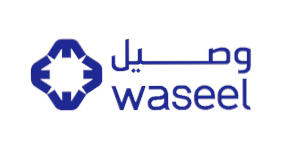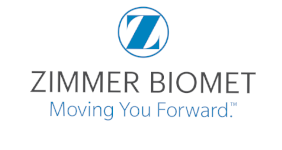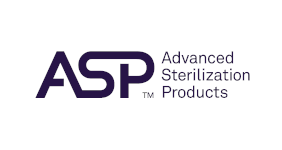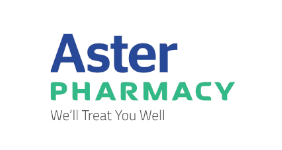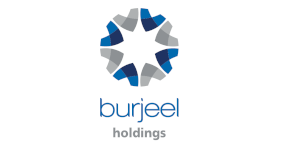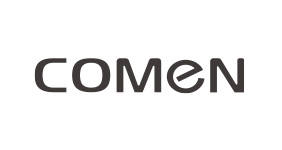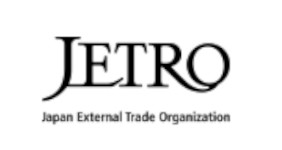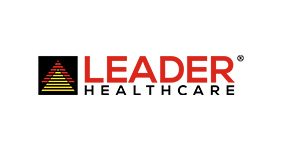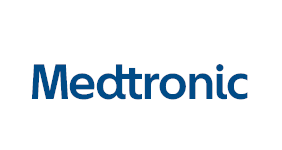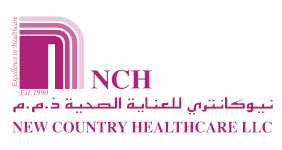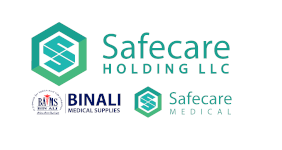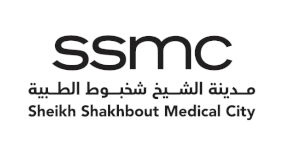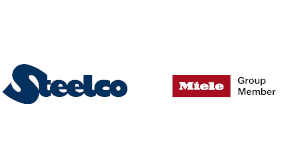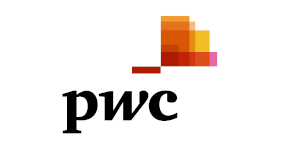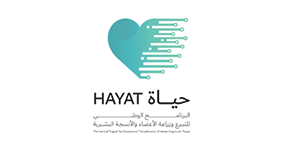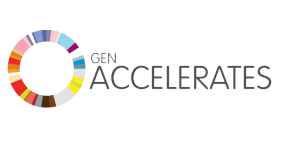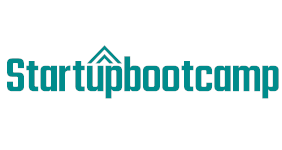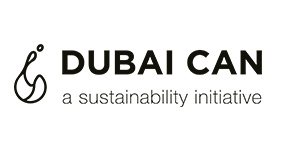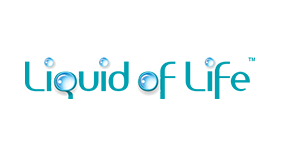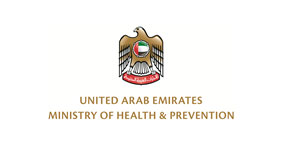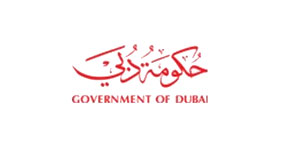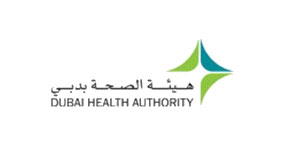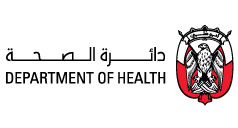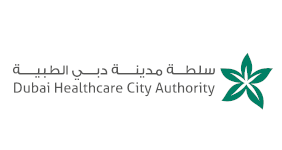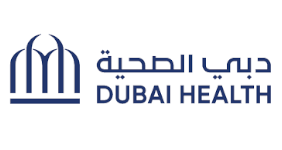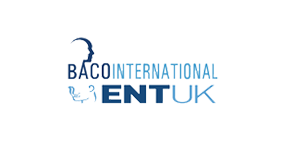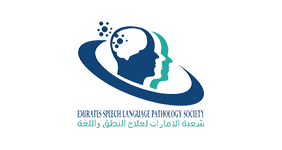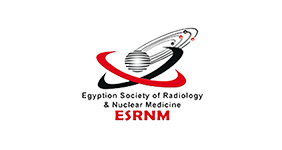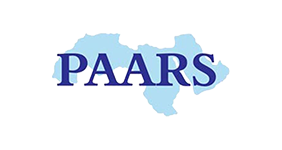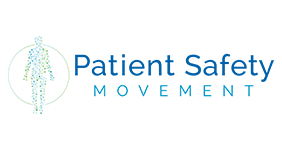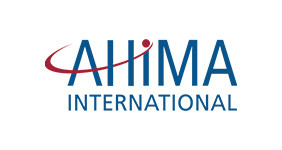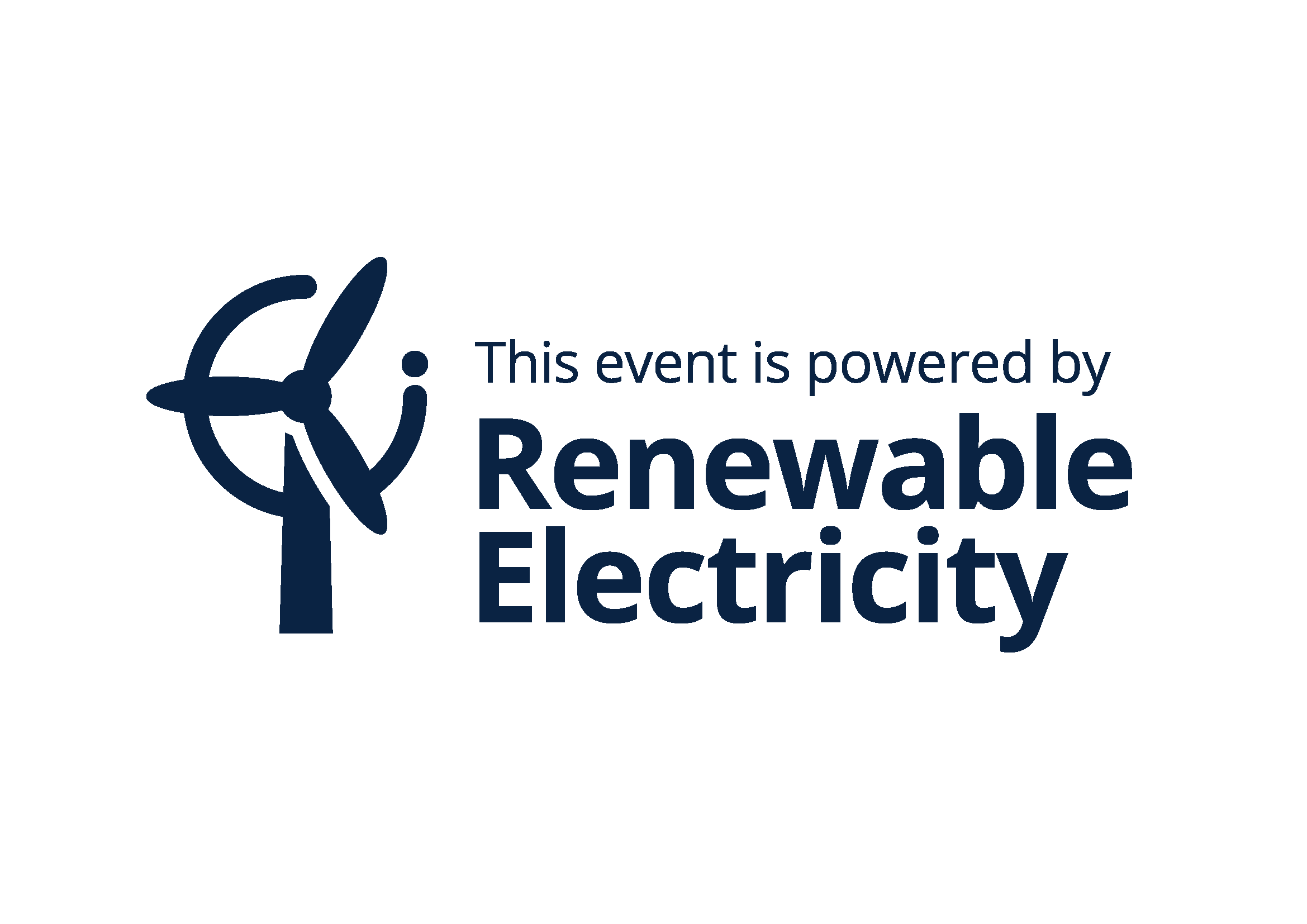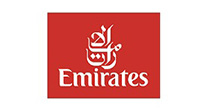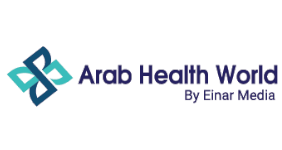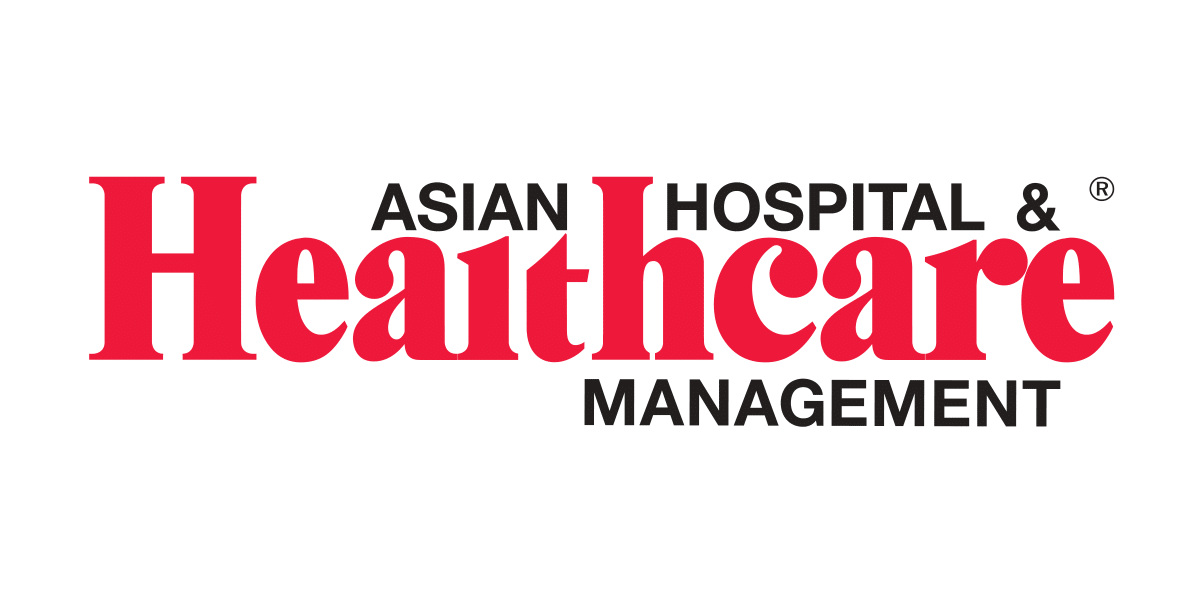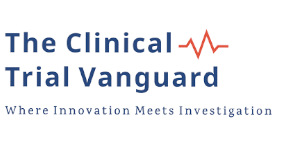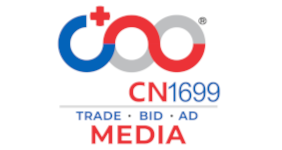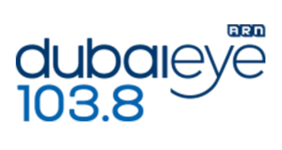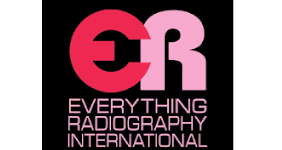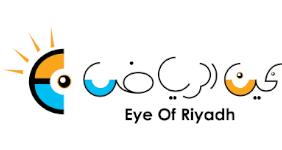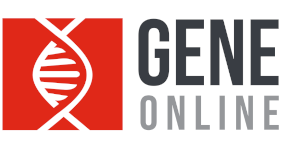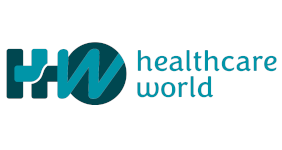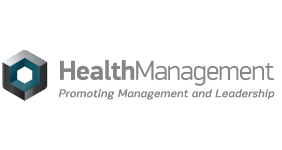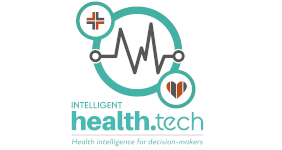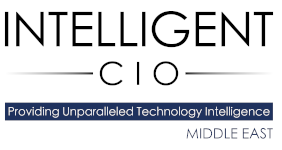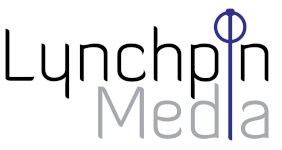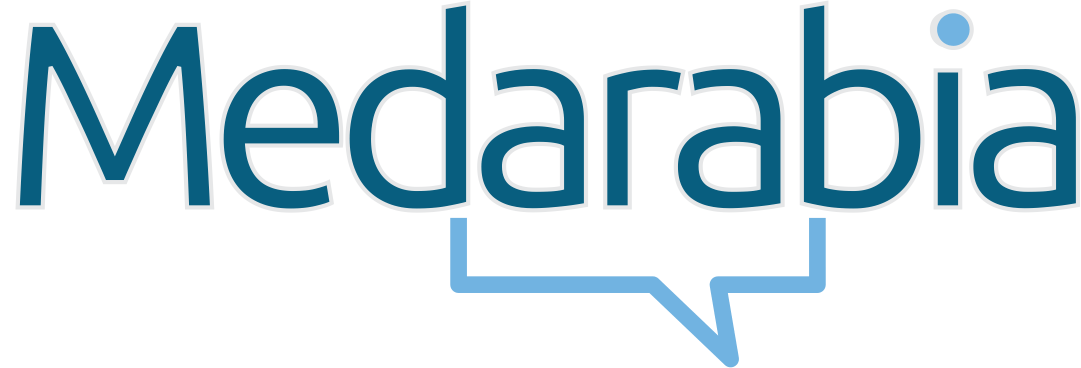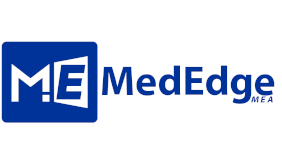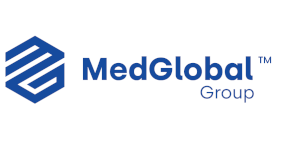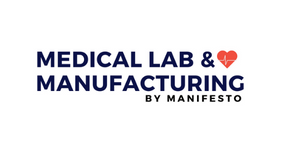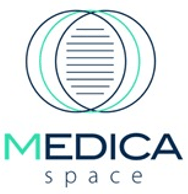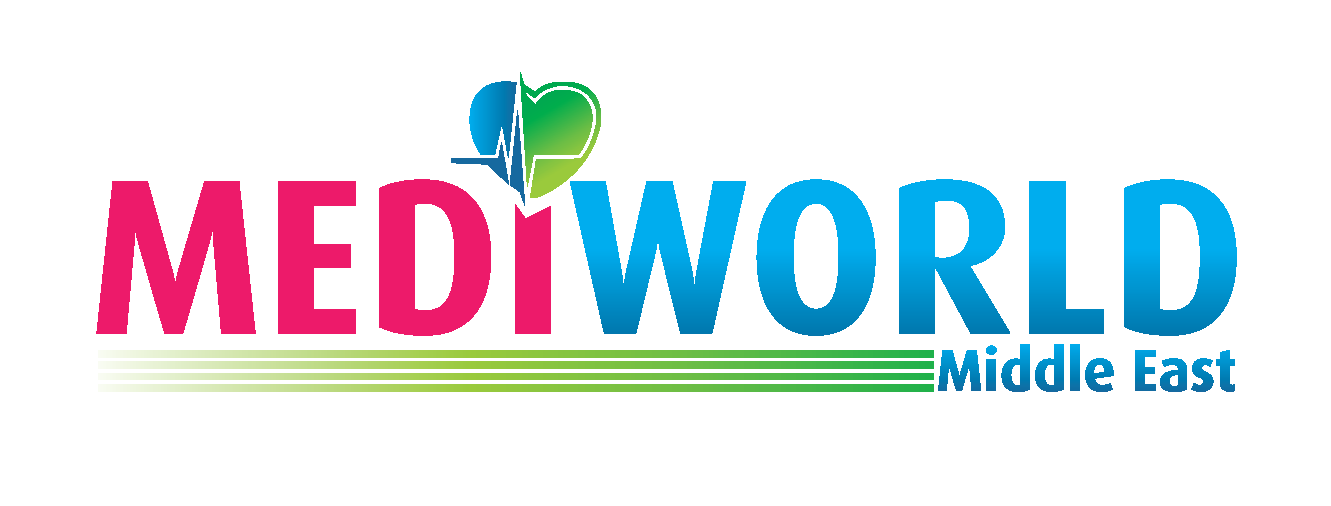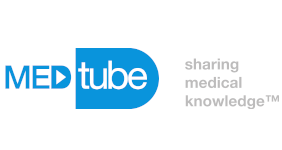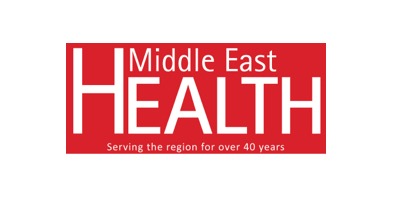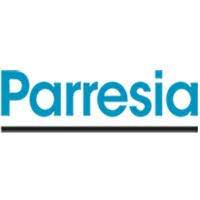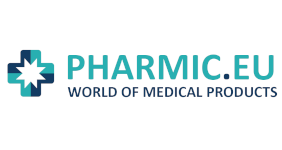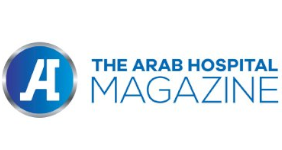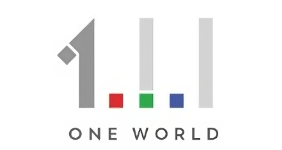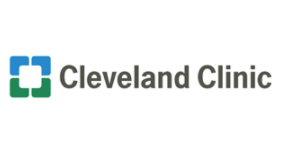Interview with Dr. Bernd Ohnesorge, President EMEA, Siemens Healthineers
1. Give us a brief about yourself. How did you come to work in healthcare?
Since the beginning of my professional career I was dedicated to the advancement of medical technologies. While serving in several R&D and management positions within Siemens’ Computed Tomography Business Unit, I finished my PhD thesis on methods for cardiac CT imaging at Munich University. After several further management positions including the leadership position of Siemens Healthcare in China and North-East Asia and the position of the head of X-Ray Imaging Products, I headed the Magnetic Resonance Business Unit from 2011 to 2015. Since October 2015 I’ve been heading the Region Europe, Middle East and Africa at Siemens Healthineers. In this role, I travel to the Near and Middle East several times a year, one of the most exciting regions in the world.
2. As an exclusive partner at Arab Health 2020, what different innovative products and solutions will you be bringing to the show?
At Arab Health, we present our latest innovations in the fields of digitalization, imaging, angiography and laboratory diagnostics.
In recent years artificial intelligence has been the key element for innovation in clinical decision support. Therefore, we presented in 2019 the AI-Rad Companion Chest CT, a first application based on the new AI-Rad Companion platform which eases the burden of routine activities for radiologists and improves quality of care. At this year’s Arab Health, we are introducing two new AI-based assistants for MRI examinations of brain and prostate. The AI-Rad Companion Brain MR supports brain volumetry, which is performed in clinical practice for example in cases of suspected dementia. The second new AI based application assists in MR-based diagnosis of the prostate: After lung cancer, prostate cancer is the second-most common malignant cancer affecting males world-wide. AI-Rad Companion Prostate MR for Biopsy Support automatically highlights the outer contour of the organ, which can cut the time needed for this routine activity down to just a few seconds.
With regard to technology innovation we are putting intelligent imaging on a new level with the CT scanner Somatom X.cite. It is the first CT with our myExam Companion – a revolutionary intelligent user guidance system that automatically adapts scanner protocols in line with patient data. Thus, Somatom X.cite and myExam Companion are a big step in the direction of intelligent user support. Additionally the Somatom X.cite improves patient comfort with an 82 cm gantry and an innovative system design. And despite the many innovations, the brand-new Somatom X.cite with myExam Companion is already clinically approved and available on the market.
Our new flagship in the field of angiography is Artis icono which sets new standards in image quality and workflow for minimally invasive procedures. Improving the visualization of bleedings that occur anywhere in the cranial area can make it possible to skip prior conventional imaging for certain patients with a suspected stroke – which means that these patients can be taken directly to the angiography suite for diagnosis and treatment, shortening the time before the vascular occlusion is removed. Any time saved in treating strokes can mean the difference between living independently and living in a wheelchair. Artis icono is therefore expanding precision medicine to advance therapy outcomes.
We will also show our laboratory diagnostic system Atellica Solution at Arab Health. As central labs focus on increasing efficiency and reducing cost while meeting increasing testing demands, they need solutions that are flexible to adapt as their needs change. Atellica Solution can address these challenges and evolve as the laboratory grows. Laboratories can use the platform to simplify test workflows and expand their capacities for testing patient samples on a modular basis. This means they can both accommodate growing demand and compensate for declining reimbursement rates. To make patient results available faster, Atellica Solution uses a bidirectional magnetic transport technology to transport samples ten times faster than a conventional conveyor belt. In combination with a new sample management standard providing independent control of each individual sample, emergency samples can easily be prioritized with far less user input.
3. Connectivity for better healthcare delivery is the theme of Arab Health this year. What would you say is the current impact of connectivity on the delivery of healthcare
The whole healthcare provider landscape and industry is going through a transformation that’s being driven by the rapid growth of healthcare data. The number of connected devices is growing exponentially. But only a fraction of these data is structured for use and analyzed. Let’s look at it positively: There’s a tremendous opportunity to tap into this unused data pool and create new insights and value. And our digital fingerprint puts Siemens Healthineers in a great position to benefit from these long-term trends influencing the entire industry. There are more than 600 AI related patent families that we own. This translates into a strong innovation pipeline and already more than 45 AI enriched offerings in the market. Our huge data pool of more than one billion curated clinical data sets can help us to make our whole portfolio become even smarter and more efficient. Furthermore, we have a unique research network in place. This ecosystem is supported by about 4.000 software developers.
How this digital expertise and our position as market leader in imaging work together for the benefit of the customers is demonstrated by the syngo Virtual Cockpit – a perfect example of connectivity in the healthcare arena: Medical staff can use this software solution to connect remotely to scanner workplaces to assist personnel at a different location, especially where more sophisticated examinations are required. Syngo Virtual Cockpit can be used with CT and PET/CT scanners as well as with MRI and MRI-PET systems from Siemens Healthineers. With the ability to deploy experienced technologists across multiple locations healthcare providers can transform care delivery, they can overcome personnel bottlenecks and at the same time achieve a higher level of standardization that leads to more accurate diagnoses. In short, this connectivity solution makes workforce management in radiology much more flexible.
4. What, according to you, are the healthcare trends to watch out for in 2020?
The whole healthcare market is undergoing a massive transformation: More than ever before, our customers are faced with the challenge to do more with less: More in the sense of treating more patients driven by demographic shift, population growth and increasing chronic disease burden. More in the sense of quality – with the patient more and more acting like an informed consumer – and more in the sense of making healthcare accessible and affordable. Less in the sense of doing this under tight reimbursement schemes. And less in the sense of doing all this amidst of a global shortage of qualified medical staff. As a result, Healthcare providers are standardizing processes in a trend of consolidation and increased economies of scale.
I am convinced that Siemens Healthineers is better positioned than any other company to support providers on this journey. We are the partner of choice, who can support complex diagnostic and treatment decisions along clinical pathways. We are transforming care delivery by improving access to care and by optimizing clinical operations and addressing staff shortages. Our technologies and services play a crucial role in 70 percent of critical clinical decisions, we are the lever for sustainably improving processes and productivity. We have unique clinical expertise and we have a lot of data and knowledge that can help us to make the whole system become smarter and more efficient.
5. What, according to you, are the opportunities available to healthcare and trade professionals who attend Arab Health?
Arab Health is a key tradeshow for Siemens Healthineers not only in the Middle East and Africa region but also globally. It serves as a great platform for us to exhibit our innovations across our portfolio in imaging, image-guided therapy and laboratory diagnostic and to meet key decision makers, business partners, thought leaders and industry experts. That’s why Arab Health is a must for me personally every year.
The CME-accredited conferences that run alongside the exhibition are highly-valued by healthcare professionals – continuing medical education is an important topic and a core area of focus also for Siemens Healthineers which we support with our training and further education offers. Other than that, visitors benefit from attending the exhibition which has grown substantially over the years and presents a range of equipment and services together with the very latest innovations.
6. Could you shed light on your future plans.
With our first sizeable acquisitions in 2019, Corindus Vascular Robotics and ECG Management Consultants, we underpinned our strategy steps towards expanding our market leadership until 2025. And we launched significant product innovations across all segments and demonstrated our pole position in artificial intelligenceand digital health.
Innovation in our core modalities is what has made Siemens Healthineers so strong. Also, for the coming years we are looking at further innovations: Firstly, we are planning to launch new platforms with a strong focus on smart scanning and imaging automation for optimal user guidance – such as the SOMATOM X.cite with myExam Companion. However, we do not stop here. We believe there is huge potential in the field of expanding diagnostic offerings. Thus, we plan to accelerate radiology services: For example, with the Syngo Virtual Cockpit I mentioned earlier. And finally, we want to lead in clinical decision support: in this field artificial intelligence is the key element for innovation. A first important step in this process is decision support in radiology. As already explained, we call these products AI-Rad Companions. The second element is integrated decision support: Our recently approved AI-Pathway Companion supports complex diagnostic and treatment decisions by patient‐centric data mapping along clinical pathways. So that each patient receives the therapy that is right for him or her.
